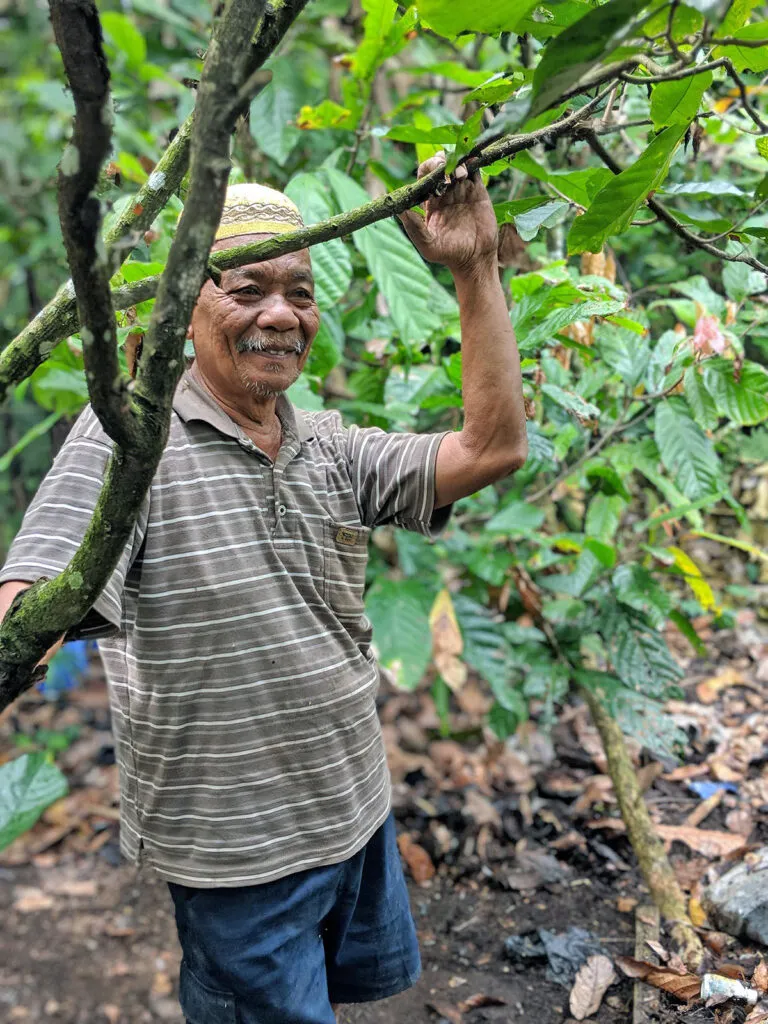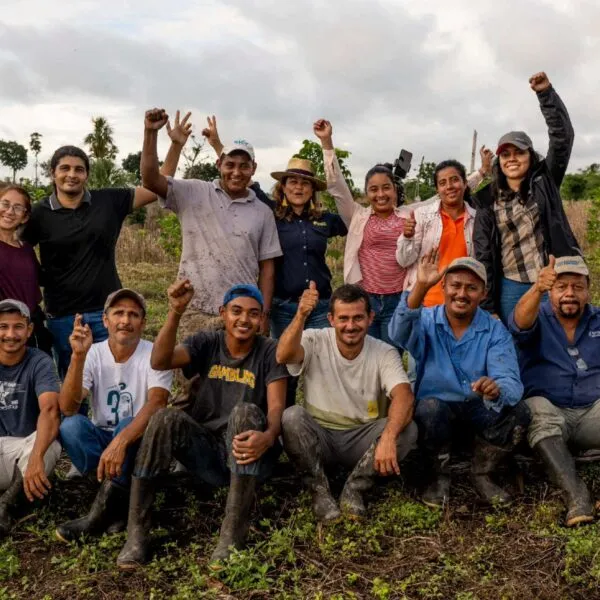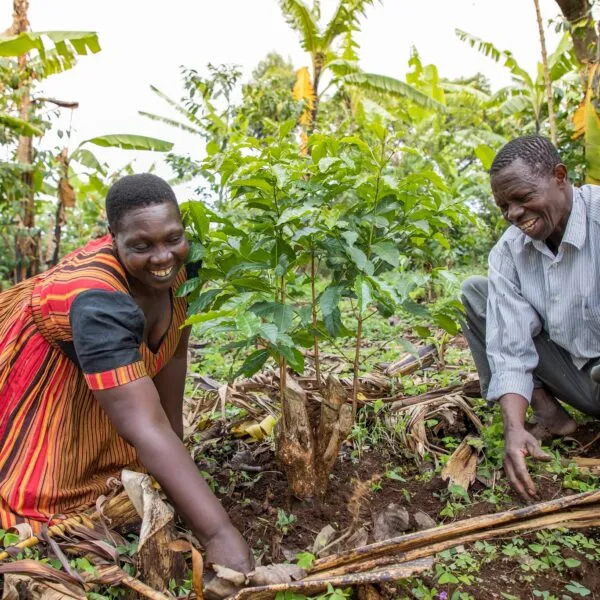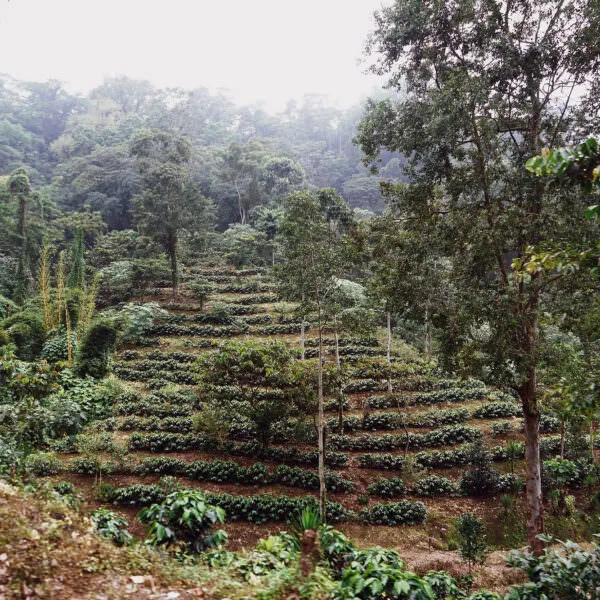The Rainforest Alliance welcomes the European Commission’s proposal for an EU directive on corporate sustainability due diligence. This is a pivotal step towards ensuring that all companies identify, prevent, and address human rights and environmental risks across their supply chains. The proposal sends a clear political and market signal by raising the bar for stronger corporate accountability for urgent global challenges, ranging from deforestation and the climate crisis to child labor and rural poverty.

Smallholder cocoa farmer Haji Hakim in Bantaeng, Indonesia
Our organization is part of a global chorus of civil society voices calling for mandatory due diligence legislation. As an international alliance of rural producers, companies, governments, and local NGOs, with more than 30 years of experience working for sustainability transformation in agriculture and forestry, we commend the Commission for addressing both human rights and environmental risks and ensuring that all tiers of the value chain are subject to this due diligence obligation. We also applaud the commitment made by the Commission and EU Member States to continue partnering with exporting countries to increase local capacity to tackle negative social and environmental impacts in supply chains. It is especially important to address challenges faced by smallholders who represent a large, yet marginalized, voice.
As the proposal enters the next stage of the legislative process, we call on the European Parliament and the European Council to strengthen the regulation. We believe the proposed directive can be made even more impactful with:
- A broader scope: There should be a clear time-bound path to include smaller companies in the scope of the directive.
- The integration of climate risk: All companies should assess climate risk and adopt a plan to ensure that business models are compatible with the Paris Agreement.
- Stronger stakeholder engagement: This should be a requirement not only at the initial risk-identification stage, but also throughout the entire due diligence cycle.
- The explicit inclusion of the right to a living income: As poverty is a root cause of many sustainability challenges, companies should ensure that their business practices (including pricing, procurement terms, etc.) enable smallholders to earn a living income.
- The inclusion of responsible purchasing practices: Companies must ensure that their own sourcing and purchasing practices do not negatively impact human rights and the environment. In short, they must support all supply chain actors—especially rural producers—to conduct business responsibly.
- Responsible disengagement: To be clear, disengagement from a supplier should: a) only be considered as a last resort, if all efforts have failed to engage business partners to mitigate and remediate adverse impacts; b) include consultation with those affected and any relevant stakeholders before reaching a decision; c) take into consideration, and seek to mitigate, the adverse impact on those involved.
Together with thirteen civil society and producer organizations, the Rainforest Alliance will continue engaging with EU decision makers to embed responsible purchasing practices—including the rights of producers to a living income and workers to a living wage—in the future directive. We will continue to encourage lasting trade relationships and advocate for active collaboration with rights holders at all stages of the due diligence process. We will also continue working with companies that support an ambitious due diligence directive in the cocoa sector and beyond.
Do you have further questions or want to get involved? Please contact Fanny Gauttier, the Rainforest Alliance’s public affairs lead, Europe.




